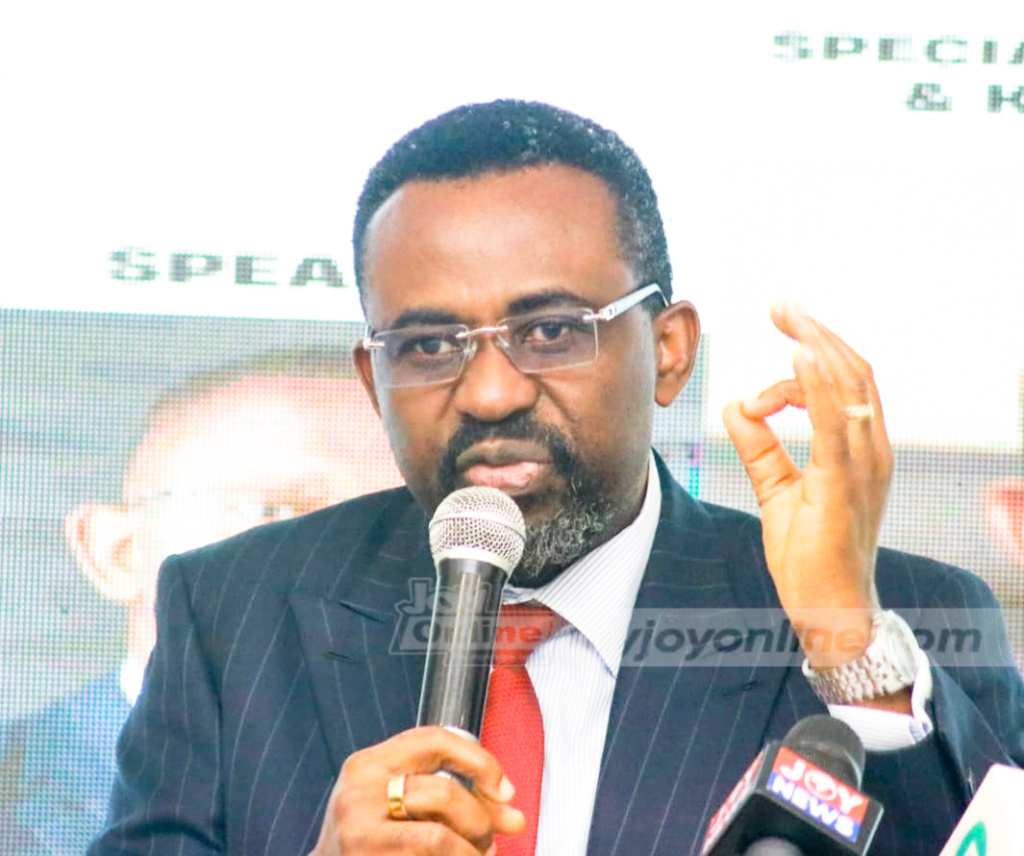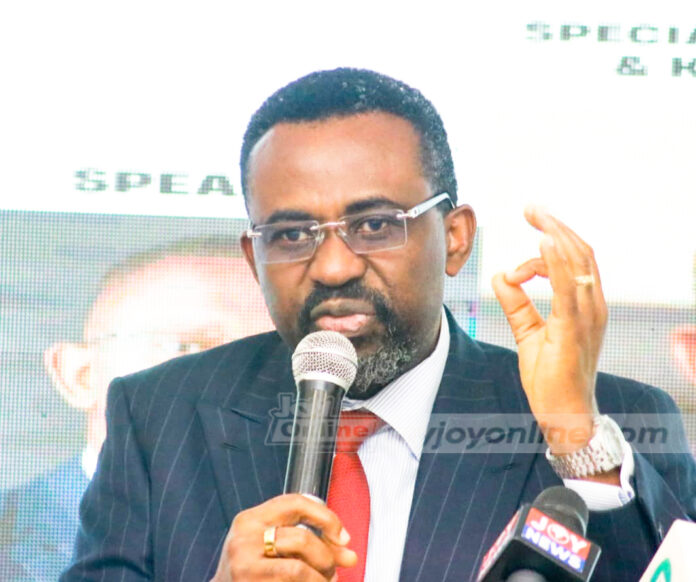
The Head of Africa Economic Research at Standard Bank, Qureishi Jibran, is calling on the Bank of Ghana (BoG) to modernise its monetary policy framework to enhance its effectiveness in delivering macroeconomic stability.
His remarks follow the Bank of Ghana’s recent decision to cut the policy rate by 300 basis points too 25% at its latest Monetary Policy Committee (MPC) meeting.
The reduction brings the benchmark rate to 27% in line with easing inflationary pressures. However, Mr. Jibran says the rate cut alone may not achieve its intended impact without addressing deeper structural issues within the policy transmission framework.
Speaking at the 2025 Stanbic Bank Economic Forum on the Mid-Year Budget Review, Mr. Jibran noted that the disconnect between the policy rate and other short-term interest rates is weakening the impact of monetary policy decisions.
“When the MPC cut rate by 300 basis points, if you look at other short-term interest rates such as money market rates, whether it’s the Open Market Operations (OMO), Treasury bills, or the average interbank rate, it basically means that monetary policy was playing catch-up,” he said. “It was already priced in.”
Mr. Jibran stressed the importance of moving beyond traditional inflation targeting models to more integrated interest rate frameworks as advocated by global financial institutions such as the International Monetary Fund.
“A key part of modernising monetary policy is moving away from targeting money supply and focusing instead on interest rate targeting,” he explained. “Inflation targeting should ensure there is a rate anchor, whether it’s the interbank rate or the policy rate, that remains within a corridor. For example, the monetary policy rate should stay within 250 basis points of the interbank rate or the OMO.”
He expressed concern that current market operations do not sufficiently align with the policy rate, diminishing the effectiveness of monetary interventions.
“When the OMO rate is not referenced off the policy rate, it blunts the transmission of monetary policy in my humble opinion,” Mr. Jibran stated. “And I think that’s something the Bank of Ghana Monetary Policy Committee should look to streamline once again. The quicker, the better.”
His comments come at a time when Ghana is navigating a delicate macroeconomic recovery process under an IMF-backed program, and expectations are high for monetary and fiscal alignment to support growth while taming inflation.
Analysts believe that better synchronisation between BoG’s policy signals and market-based rates could foster improved investor confidence and deepen financial sector responsiveness.
DISCLAIMER: The Views, Comments, Opinions, Contributions and Statements made by Readers and Contributors on this platform do not necessarily represent the views or policy of Multimedia Group Limited.
DISCLAIMER: The Views, Comments, Opinions, Contributions and Statements made by Readers and Contributors on this platform do not necessarily represent the views or policy of Multimedia Group Limited.


